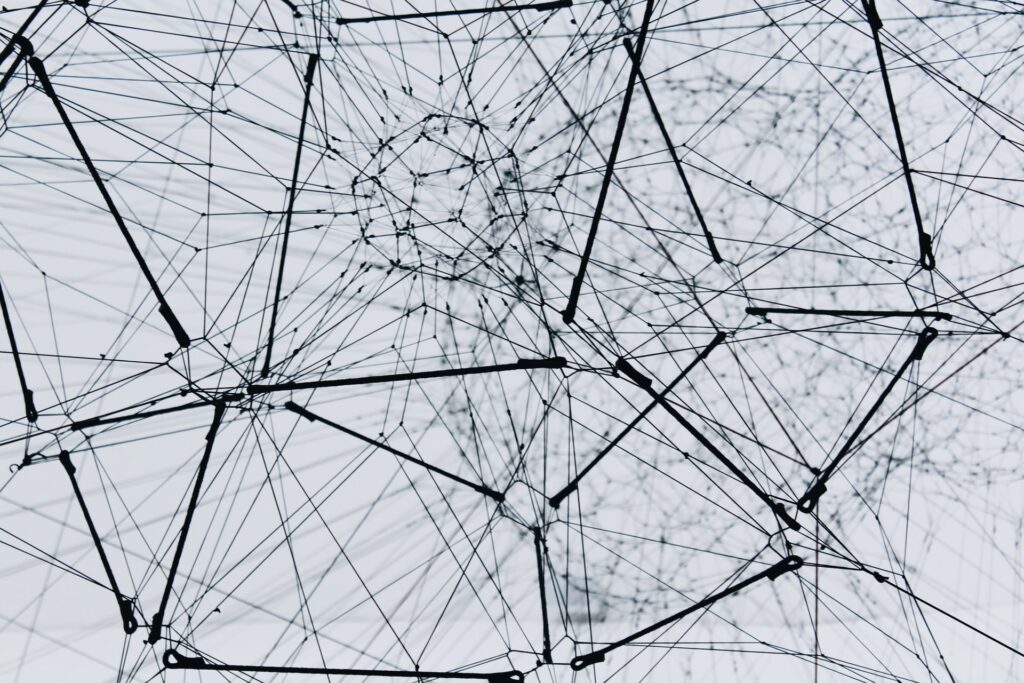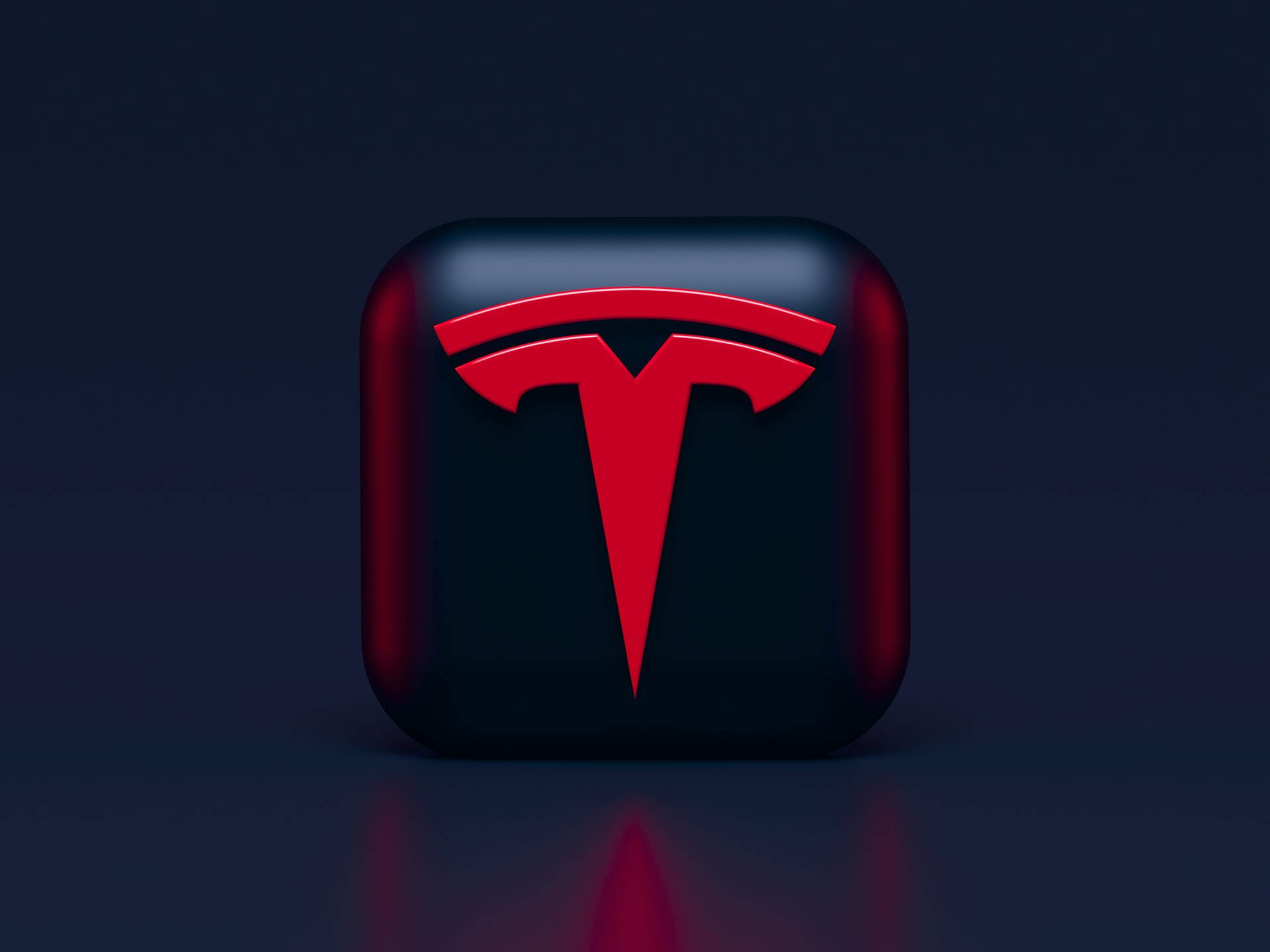I enjoy Elon Musk’s maverick persona. And I also recognize that much of it is theater.
At best, our public image is a manifestation of our aspirational self. We want others to appreciate the person we would like to be. We understand that respect is predicated largely on what we do not know about one another, and this informs our curation of the public self. At worst, our public image is a sham and Musk is no different than any of us in this regard.
Unlike most of us, however, Musk is a public figure with a very high profile. Because of this we have access to information about him that allows us to track the evolution of his thought process and numerous initiatives. I believe his 2018 interview with Joe Rogan gives us all the background we need to not only understand his motivation for purchasing Twitter, but also the extent to which incremental incursions into our privacy represent the beginnings of what I will call the “Grey Rush,” the mining of human intellectual data for immeasurable profit and influence.
In the interview, Musk proposes that we are already cyborgs, our phones and other electronic devices acting as infallible extensions of our flawed ability to accurately capture and recall past information and experience. Through data storage in the form of text, videos, and pictures, we are increasingly reliant on instruments beyond our selves to process our daily lives. The human element in the equation lies in the idiosyncrasies we each bring into selecting which pieces of information to prioritize for digital storage.
We don’t take pictures of everything. We don’t text our friends about items we find mundane. We do not post images to social media without some kind of underlying rationale.
We record the things that matter.
And this is where the we start to see the unprecedented riches of the Grey Rush.

What you do with your phone or your computer is a mystery to me and most others, but we should recognize that our devices are a window into our interests, our passions, and our desires. They log all of our public and private choices offering unprecedented insight into our being.
Twitter is where a lot of that information is shared and aggregated. At an estimated 500 million tweets per day, Musk now has unique access to global consciousness. Through Twitter, we see beyond carefully curated public personas and directly into the universal id. The world taps out its hopes and frustrations, and Musk trawls through the morass of human expression to identify the shared trends and keywords that will allow him to anticipate and meet needs that we are not yet even aware of.
Musk is the cyborg prophet. The age of Divine revelation has ended. But the era of the confessing ego is upon us and Musk is primed to listen.
The prophets of old, may God’s peace be upon them, were concerned with our eternal wellbeing. They wanted us to organize ourselves and our societies in accordance with our highest spirit, that dimension of the self that delays personal gratification in the service of growth and community. They were ridiculed and mocked by most, trusted and followed by only a tiny minority.
Twitter is where we vent our immediate and most superficial impulses. Captured and aggregated, these tweets represent a distillation of humanity’s desire. And because appetites are universal, we only need a sample of the Earth’s population to participate. Results can be extrapolated and confidently applied to the rest of us. Both the salesman and the politician could hope for no better information than an awareness of what the people want.
It’s that simple. Billionaires are in the business of wealth aggregation. Musk is leveraging his carefully crafted maverick persona to sell his “free speech” obfuscation to the garlic-eating masses even as he mines their tweets to learn what it is they are hoping to purchase next.
He’ll then sell that information or use it, depending on which approach will yield the most profit and power.
We don’t blame Musk for being a better capitalist than most. But we don’t want to help him, either.
That’s why we gave up social media. We don’t have a problem with making money, but there is a certain kind of absurdity in living for that. We encourage the tiny minority open to following the prophets of old to intensify their spiritual rigors in this time. Trend-hopping leads to problems in this world and the next.
Musk knows what those problems are and his purchase of Twitter will give him insight into the extent to which those problems weigh on the minds of the global population. He will then market “solutions” that speak directly to our collective anxieties. Are you a wealthy person feeling guilty about your disproportionate impact on the environment? Buy a Tesla. Upset about traffic in Los Angeles? He’s got tunnels. Filled with existential dread at the thought of societal collapse? There’s always Mars!
There is no denying his vision and intelligence. But his intentions are certainly up for discussion.
Let us know in the comments below if you agree or disagree. And then meet us outside so we can get to know each other beyond the tweets.

One Reply to “Musk: There is No Such Thing as a Billionaire Altruist”